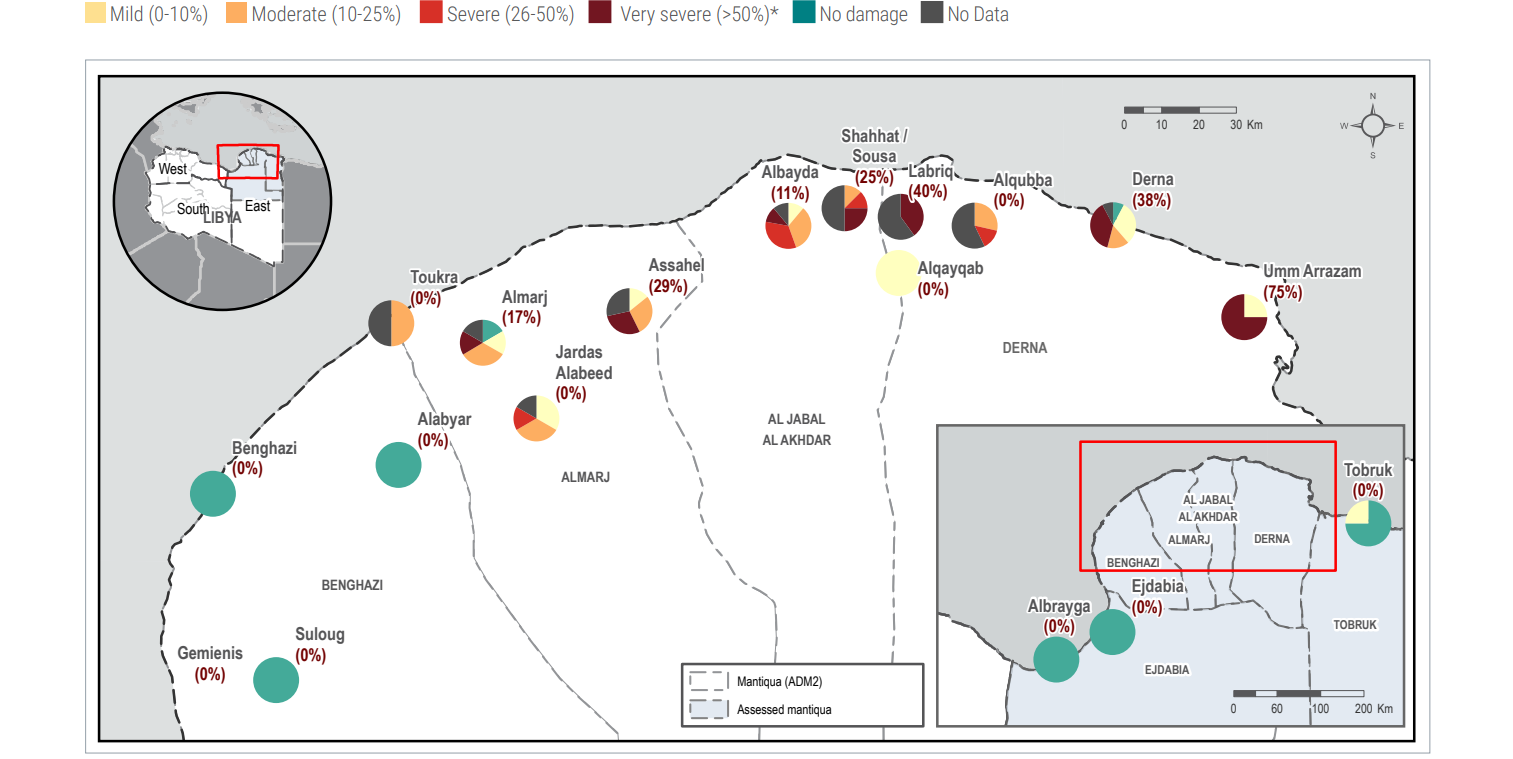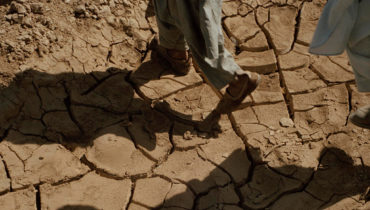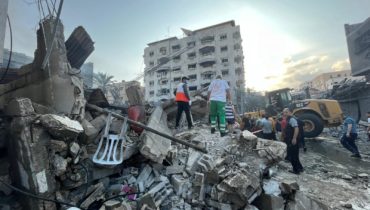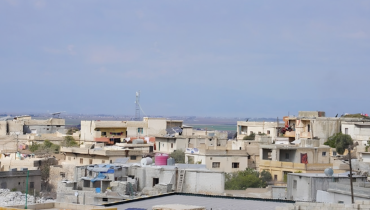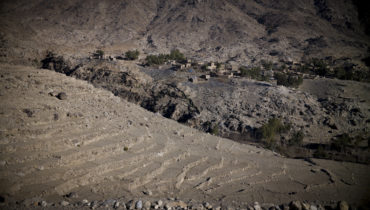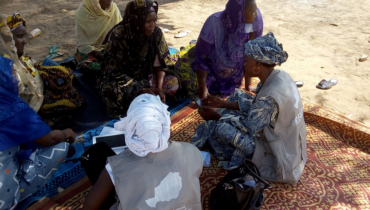Impacts of the floods in Libya – Key findings from the Multi-Thematic Rapid Needs Assessment
9 October 2023
Between September 10th and 12th, flooding caused largescale destruction in northeastern Libya, particularly in the city of Derna after two dams broke upstream. Up-to-date post-disaster information on the scope and severity of needs is scarce, which is why IMPACT conducted a Multi-Thematic Rapid Needs Assessment (MTRNA) in collaboration with United Nations Disaster Assessment and Coordination (UNDAC). This assessment shows the high level of damage and resulting internal displacement, creating high needs especially around shelter and health.

Key findings from the MTRNA indeed show that severe to very severe building damage was reported in 28% of the assessed muhallas, and flooding of buildings was reported in almost half of them – the highest levels of damage being in the baladiyat of Derna, Albayda, Shahat-Sousa, Um Arrezam, and Labrik.
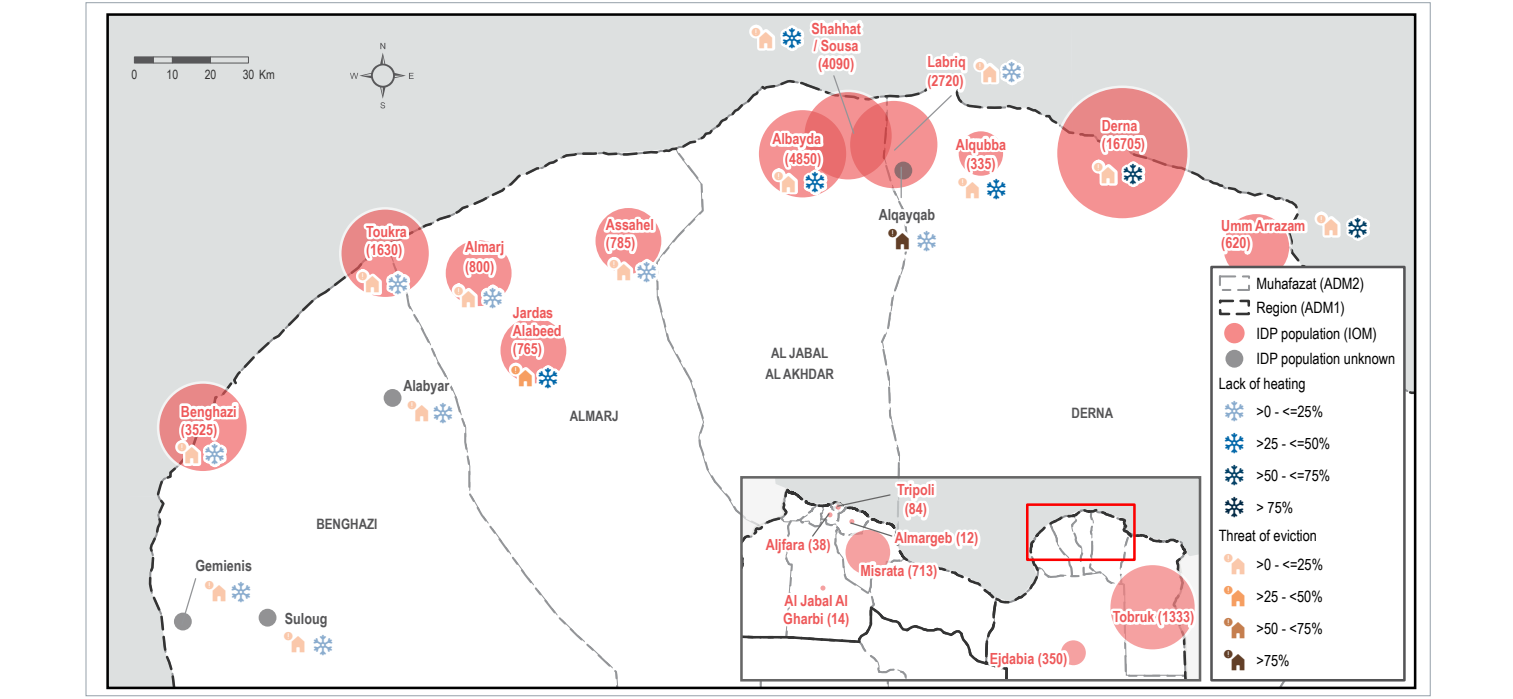
Presence of displaced populations – Percentage of muhallas (per baladiya) in which key informants reported lack of heating or/and threat of eviction as challenges for displaced people since the floods.
The presence of displaced people was reported in 92% of assessed muhallas, staying mostly with their relatives or in collective shelters. For the latter, the main challenges reported in displacement sites were an insufficient number of shelters, lack of privacy due to no partitions or doors, and their size being too small to host entire households.
In addition to shelter, health was the most frequently highlighted priority need, with lack of medicine and medical equipment reported, as well as physical barriers to accessing health facilities. Some difficulties were also reported concerning the accessibility of water selling points and affordability of water since the flood. In some areas, there have been high reports of people not treating water before consumption and the use of contaminated water sources as an environmental risk – highlighting an increased risk of contracting waterborne diseases in these areas.
“The level of destruction to residential buildings is important in many of the cities hit by the floods. While the IDPs are mostly hosted at families, in hotels or are renting apartments, the needs in terms of shelter are big, not to mention the population needs in terms of access to health care, psychosocial support and different everyday items.” – Ghassan Abou-Chaar (IMPACT Country Coordinator in Libya)
Read the factsheet for a full overview of the situation three weeks after Storm Daniel or consult this dashboard.

